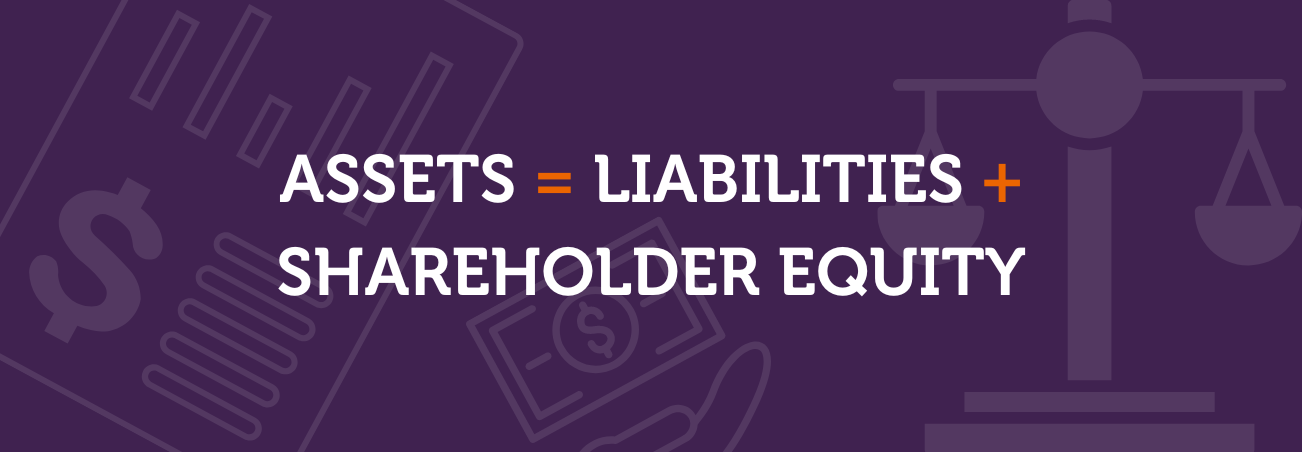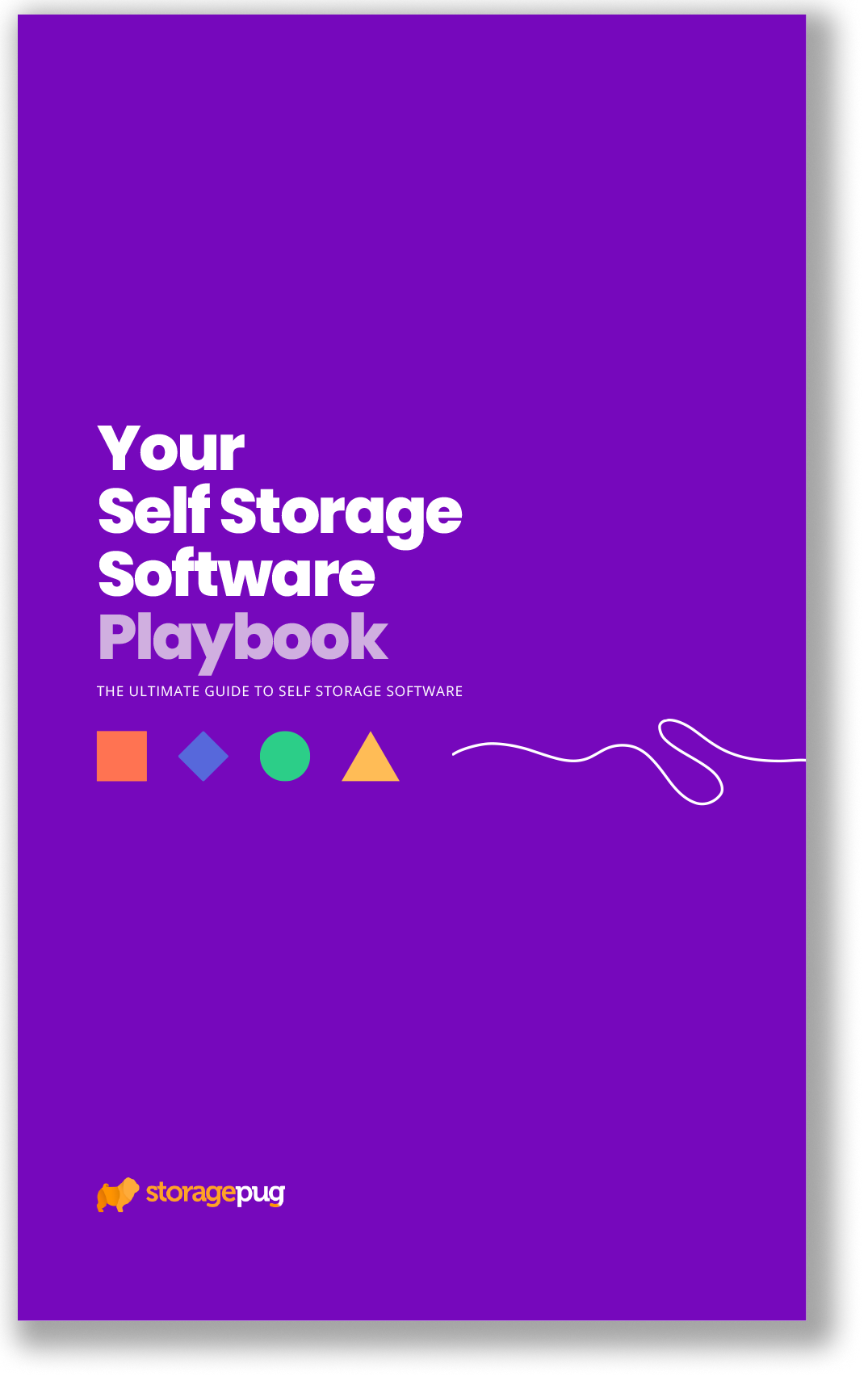At some point, every aspect of your self storage business comes back to money.
Operations, expansions, tax season, your monthly billing cycle, all of it revolves around money. After all, the exchange of money for some product or service is the core of any business.
With that in mind, it’s important to keep good track of your money. Self storage accounting needs are more predictable than many businesses, but it’s still important to maintain accurate and accessible financial statements for your self storage business to thrive.
What is a Self Storage Financial Statement?
You’re probably already familiar with the term financial statement. But before we dive into what they mean for your self storage business, let’s really define what this is.
What is a financial statement?

A financial statement is a structured presentation of financial information about a business or an individual entity. Basically, a financial statement is a way to view financial information in an organized and fairly easy-to-digest format.
There are different kinds of financial statements, and all of them have their purpose for a business’s accounting needs. Self storage financial statements are just the same as any other financial statements. The only thing that makes them different is that they’re for your self storage business.
Return to Top
What are the Types of Financial Statements?
There are three types of self storage financial statements for you to pay attention to. Each of these will play with similar data, but they present different aspects of that data and present it in different ways.
The three types of financial statements are balance sheets, income statements, and cash flow statements. All of these have their place in your self storage accounting process and bring value in different ways.
Return to Top
Balance Sheets
Balance sheets are a breakdown of assets, liabilities, and equity.
This information is presented line-by-line, enabling a clear understanding of each line item rather than looking at cumulative numbers. This allows people—typically the shareholders—to understand each factor over a given period of time.

Assets include both physical and intangible things that have value. Taking stock of your assets is important in calculating the value of the company. If you’re unsure whether something is considered an asset or not, make sure to check with a professional accountant.
Liabilities are even more straightforward than assets. Any time you owe money, that’s a liability. This could be money you owe on an expansion of your self storage facility, your payroll costs, or even taxes you owe the government.
Shareholder’s equity—also known as net worth or capital—is the final aspect of a balance sheet. Essentially, equity is the true value of a company available to shareholders or owners. If you were to sell off your company’s assets and use the money to pay off all of your liabilities, what’s left is called equity. That equity belongs to shareholders.
Return to Top
Income Statements
Income statements are known by a variety of names. Income statement, P&L (profit and loss) statement, and even statement of operations.
Your self storage income statement is meant to provide a snapshot of your business’s revenue, expenses, and profits/losses during a period of time.
The bottom line of the income statement is—usually quite literally on the bottom line—your self storage business’s net earnings or losses.
Return to Top
Cash Flow Statements
At its core, a cash flow statement reports incoming and outgoing cash. Thus, it demonstrates the flow of the business’s cash.
Another way to look at it is that your self storage business’s cash flow shows how much cash your business has on hand and your ability to meet liabilities. It displays your business’s ability to manage the cash on hand.
According to the SEC, cash flow statements typically include three main sections examining the cash flow from different types of business activities:
- Operating activities
- Investing activities
- Financing activities
The cash flow uses data relevant to both the income statement and balance sheet, presenting it in such a way as to depict patterns over time rather than dollar amounts at a specific date.
Return to Top
What are the Benefits of Well-Kept Financial Statements in Self Storage?
Keeping proper financial statements for your self storage business is a key part of running a profitable and financially-sound business.

As Netsuite puts it, there are three major reasons financial statements are important:
- A paper trail for your business’s financial activities
- Summarization of important financial information
- Provide an accurate picture of your business’s financial situation
Proper financial statements make it much easier to keep track of your self storage operation’s financial health. It lets you see both the big picture and the relevant details rather than relying on how well you feel your business is performing day-to-day.
For those owners looking to sell their facility—whether that’s something happening in the near future or much further down the road towards retirement—it’s especially important to have good financial statements. Properly-documented financials will help give potential buyers (or even investors, if you’re just looking to expand) a true picture of a facility’s value. This creates greater trust in the investment.
And finally, accurate and complete financial statements make it a lot easier to manage come tax time!
Return to Top
Here are some of our other favorite posts!
At StoragePug, we build self storage websites that make it easy for new customers to find you and easy for them to rent from you.







![[BASICS] 5 Minute Data & Reports for Self Storage Featured Image](https://cdn.storagepug.com/hubfs/%5BBASICS%5D%205%20Minute%20Data%20&%20Reports%20for%20Self%20Storage.png)

